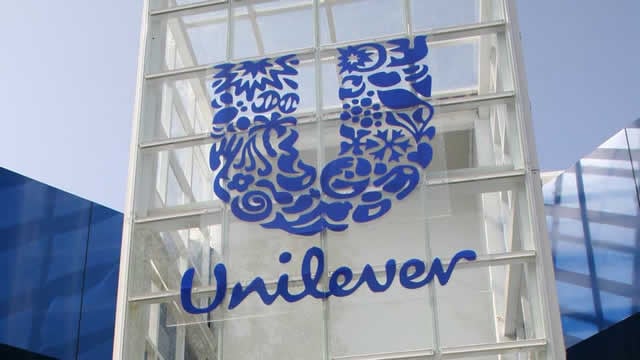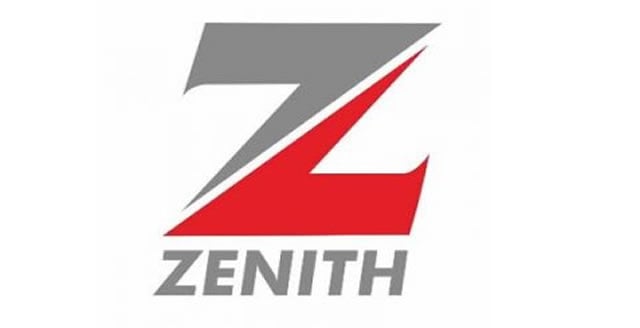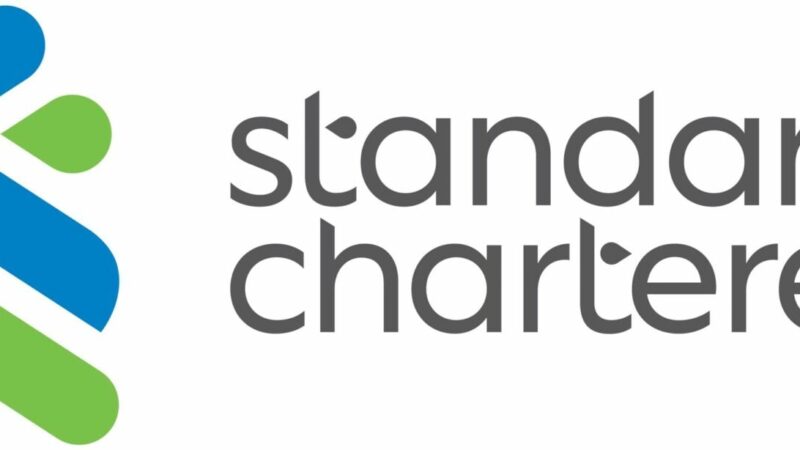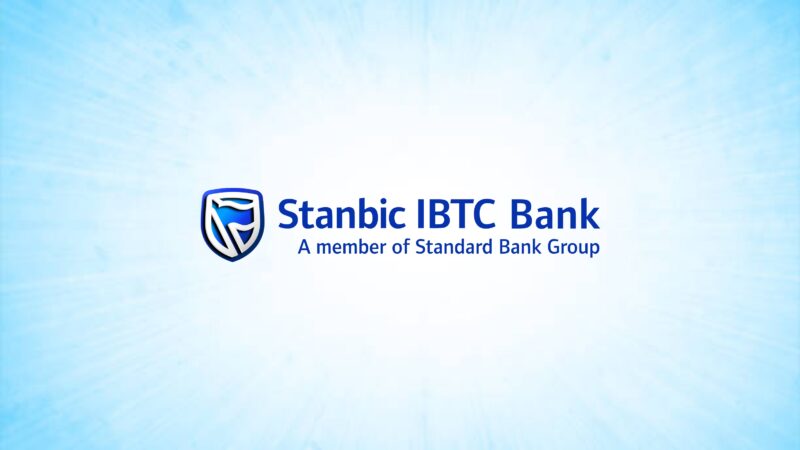Litigation claims against six banks near N2tn
 Six banks are facing legal claims amounting to N1.91tn as of June 2024.
Six banks are facing legal claims amounting to N1.91tn as of June 2024.
The sum covers various lawsuits, as several banks stated that the probability of the financial impact of this development on the banks remains low.
This is based on the annual results of the financial institutions filed with the Nigerian Exchange Limited.
The financial institutions analysed include Access Holdings, FCMB, Wema Bank, Stanbic IBTC, Guaranty Trust Holding Company, and Zenith Bank Plc.
A breakdown of the legal claims reveals that Zenith Bank holds the largest amount in litigation, with claims amounting to N1tn. The bank, however, stated in its financial report that while it is contesting the cases, the likelihood of material losses from these claims is minimal.
“The group is presently involved in several suits in the ordinary course of business. The total amount claimed in the cases against the group is estimated at N1tn (December 31, 2023: N1tn).
“The actions are being contested and the directors think that none of the aforementioned cases is likely to have a material adverse effect on the group and are not aware of any other pending or threatened claims and litigations,” the bank stated.
Guaranty Trust Holding Company follows with claims totalling N600.7bn spread across 1,047 lawsuits. The bank is also contesting legal claims of $82.09m in foreign currency, which adds to its significant legal exposure.
“The total amount claimed in the 1,047 cases against the group is estimated at N600.7bn and $82.09m (December 2023 31: N599.2bn and $92.07m) while the total amount claimed in the 482 cases instituted by the group is N252.77bn (December 31, 2023: N236.58bn).
“However, the solicitors of the group are of the view that the probable liability which may arise from the cases pending against the group is not likely to exceed N9.39bn (December 31, 2023: N9.33bn),” the bank stated.
Stanbic IBTC reported claims of N263.27bn as of the first half of 2024. While the bank disclosed that it is actively defending these claims in court, the company maintains cautious optimism about the outcomes.
“The group litigation portfolio as of June 30, 2024, consisted of 394 cases and the aggregate value of monetary claims against the StanbicIBTC Group was N263,267,121,560.01; USD$1,942,819.15 & GB £75,840.71.”
Other notable claims include that of FCMB, which is battling N39.54bn in legal challenges, and Wema Bank, with lawsuits worth N9.09bn.
Though Access Bank did not disclose specific legal claims, it revealed total contingent liabilities of N8.12bn and commitments of N1.65tn. However, these figures were not strictly categorized under lawsuits.
With the total legal claims among these six banks reaching N1.91tn, the outcome of these legal battles could influence the banks’ bottom lines and affect investor confidence in the sector over the next few quarters.
In May, PUNCH reported that nine leading Deposit Money Banks had earmarked N383.42bn for the payment of claims that may result from ongoing legal disputes between them and their customers.
This was based on the annual results of the financial institutions filed with the Nigerian Exchange Limited.
The financial institutions analysed include Access Holdings, FCMB, Sterling Financial Holding, Fidelity Bank, Wema Bank, Stanbic IBTC, Guaranty Trust Holding Company, Zenith Bank Plc and United Bank for Africa Plc.
When contacted, the spokesperson for Zenith Bank, Ayo Kushimo, acknowledged the situation but noted that no immediate response could be provided.
“I will need to find out more. I do not have any response at the moment. Send a message, and I will get back to you,” he said.
The Vice Chairman of the Board at Highcap Securities Ltd, David Adonri, weighed in on the implications of the legal disputes, referring to them as contingent liabilities.
“These liabilities have not crystallised yet, but they conflict with a lot of stakeholders. The bank may win or lose some of these cases, but the risk appears to be very high. One can only pray that these risks do not crystallise, as it could potentially kill some of these banks,” Adonri remarked.
He further emphasized that the magnitude of the liabilities could be overwhelming, stating, “If these liabilities crystallise, the banks involved may not have enough assets to cover them. We hope for intervention from the Central Bank of Nigeria to prevent further damage.”
Adonri also noted the possible ripple effects, cautioning that the outcomes of these disputes could send a wrong signal to investors and the financial market as a whole.
Commenting on the legal claims, a professor of Economics and Public Policy at the University of Uyo, Akpan Ekpo, added, “I hope the Central Bank of Nigeria helps them because it will be bad if they do not win those cases.







